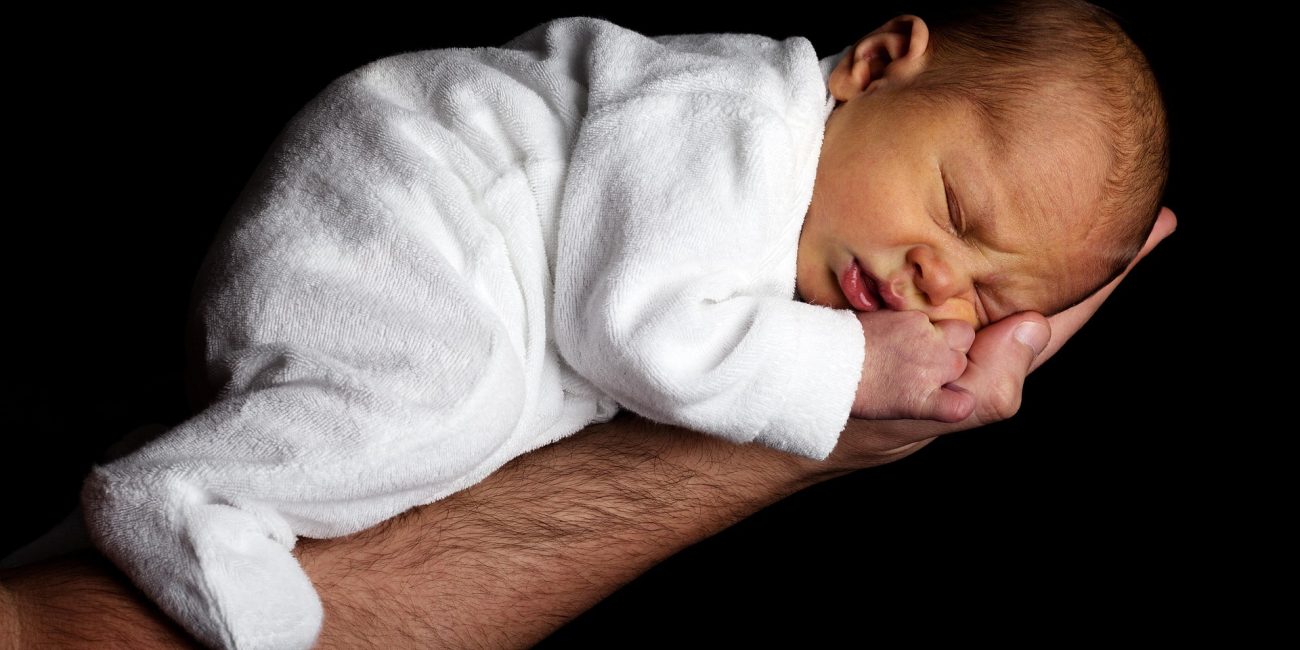According to the research The Cost of Parenting by Save the Children, the average monthly expense for raising a son or daughter in Alicante and the Valencian Community in 2024 is 839 euros, which is 18% more than in 2022. Motherhood and fatherhood have become financial burdens for many families due to inflation, rising house prices, and utility price increases.
Birth rates, meanwhile, are still declining. The region’s rate of 1.19 children per woman is one of the lowest in Europe, indicating a widening disparity between the desired and actual birth rates of children. Almost half of women who did not have children would have like to have more, and 20% of women over the age of 40 who already had children would have preferred to have more, according to the CIS Survey on Fertility, Family and Childhood.
The cost of raising a child is skyrocketing: why is this the case?
Important commodities and services have been severely impacted by inflation, according to Save the Children. There has been a 67% increase in home supplies and a 25% increase in food since 2022.
A staggering 45% of youngsters now reside in households that are severely unable to handle unforeseen costs; this number has increased by 4% in the past two years alone.
The three most expensive items since 2022 have been food (up over 25%), housing (up over 67%), and household supplies (up over 67%), which is a major aspect in the economic burden.
Particularly at risk are homes headed by a single parent, as the report notes. One study found that among the over 66,000 homes in the community headed by a single mother, 67.5% were at danger of poverty or social exclusion.
Director of Save the Children in the Valencian Community Rodrigo Hernández says that women’s capacity to afford the costs of having children is directly affected by their unstable employment situations and bad working conditions.
In relation to age, what is the average cost of raising a child?
Monthly costs associated with raising a child rise steadily when they enter puberty and continue to fluctuate throughout their formative years.
This is the age-based monthly expense for each child: Between the expenses of the nursery, home adaption, and food, the total cost approaches 650 euros for children aged 0 to 3. A bit more, up to 759 euros a month, between the ages of four and six. The anticipated monthly cost is 846 euros up until the age of 12, mainly because food prices go up and furniture needs to be replaced. The peak price point, at about 967 euros, occurs between the ages of 13 and 17. Spending on entertainment, apparel, and electronics rises at this point. “With adolescence, the cost shoots up: leisure is more expensive, children no longer play with toys, but with electronic devices, and food continues to increase,” the survey notes.
Adding insult to injury, the expense of housing is on the rise. From 2022 to 2018, the cost of housing and utilities increased by 67% and 84%, respectively.
Reversing the birth crisis requires greater public assistance.
In light of this, Save the Children maintains that public policies should be strengthened to assist in child raising. Among its suggestions are the following: a universal benefit for dependent children, mimicking programs in other European countries; streamlining the Valencian Income for Inclusion (RVI) to make it easier for more families to receive aid without bureaucratic red tape; and adjusting the aid to reflect the current economic reality, making sure that financial assistance truly covers the expenses of raising children.
The chance to ensure the rights of the most vulnerable children has presented itself with the reorganisation of the RVI, Hernández says.









No Comment! Be the first one.